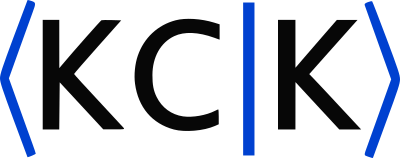Uncertainty bounds
Speaker: Moises Bermejo Moran (Jagiellonian University) Abstract I will review different kind of uncertainty relations and their significance in Quantum Information, e.g. for entanglement and non-locality characterization. Then I will explain how to obtain (theoretically tight) bounds for these relations using the framework of state polynomial optimization.
